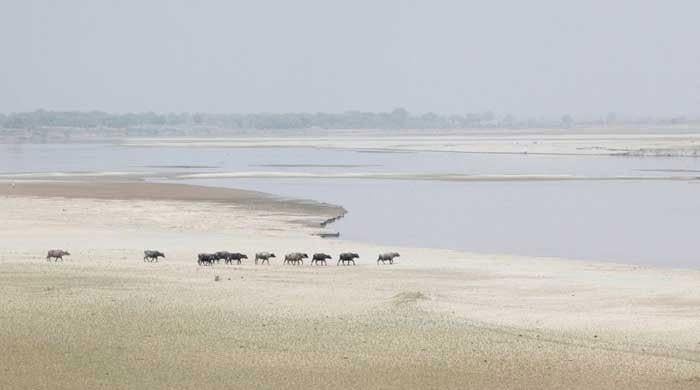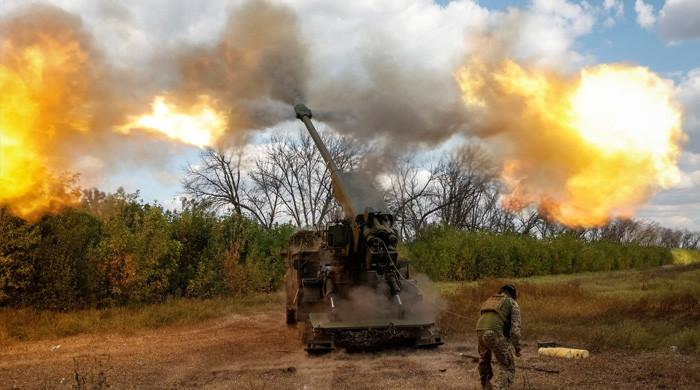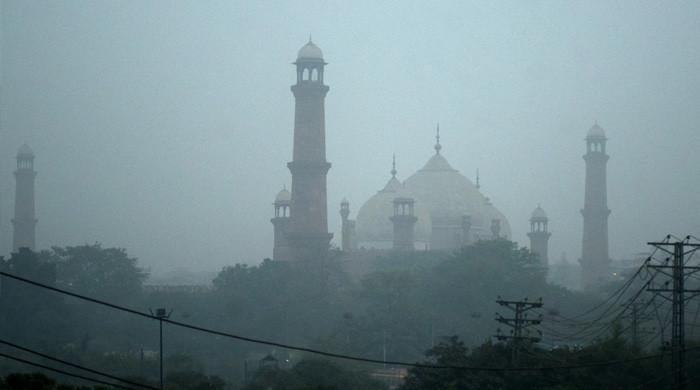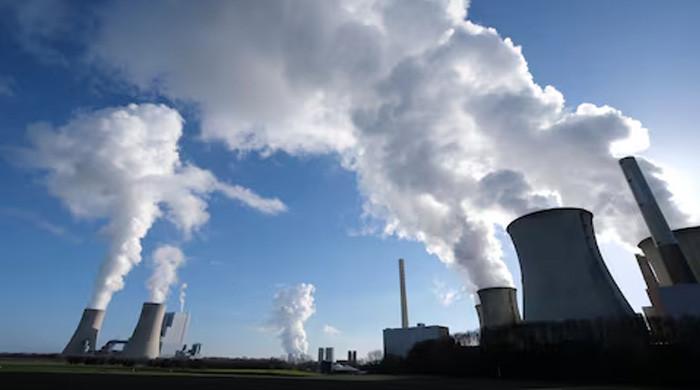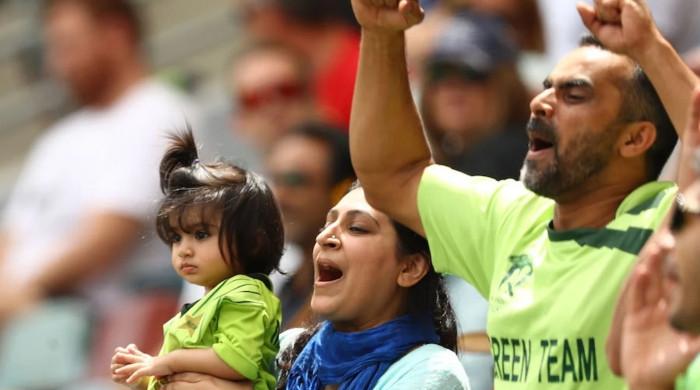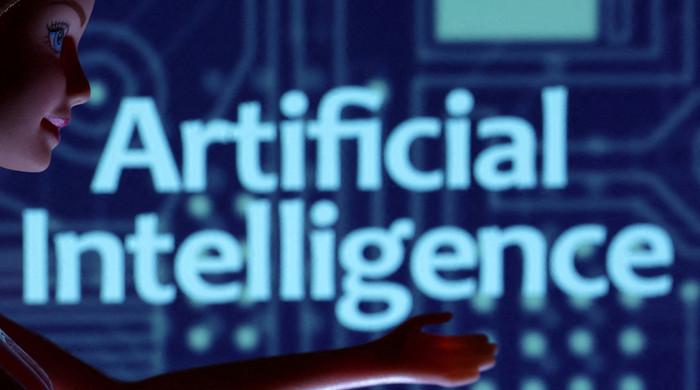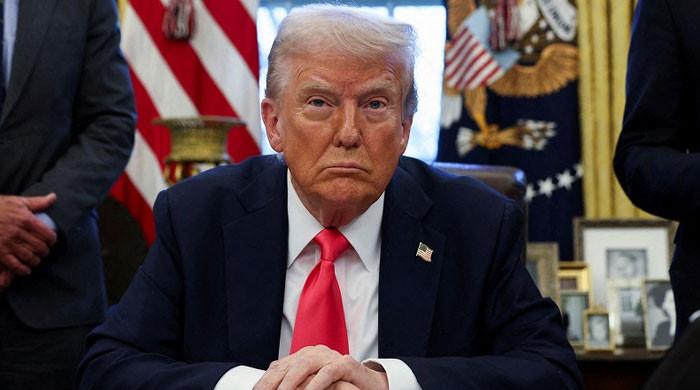Sarah Inam case: Why have we become so brutalised?
We simply cannot survive if we continue to batter to death people who have committed no crime or kill with impunity, as is the case at the moment
October 06, 2022
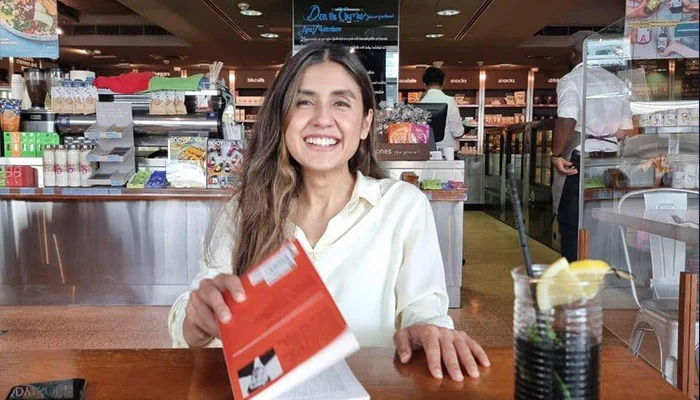
What has happened to our society? Surely, we were not always like this. In the last few months, and before that, we have seen case after case of the most grotesque and most senseless violence imaginable. We have had the death of Noor Muqaddam in that terrible incident; we have had the gruesome death of the wife of the son of Ayaz Amir, a senior journalist; we have had the death of a young woman in Mithi who had been taken away and gang-raped and saw no hope of obtaining justice; we have had the suicide of girls at a university in Larkana because they had reportedly been harassed and saw no other way out. While women are often victims of such cases, this is not universally true. There has also been the murder of Mashal Khan in 2017 and cases brought of blasphemy against other people apparently as a kind of vendetta.
In addition to this, we have senseless shootings of all kinds all over the country, often to carry out petty street crimes. Today the street crimes in Karachi in particular, but also in Lahore, are increasing and it is difficult to say how this situation can be altered, if it can at all. But there are far broader questions to be put before us all. What has happened? How do people find it so easy to take lives? To burn alive a Christian couple because they were suspected of blasphemy or bludgeoning to death persons such as the Sri Lankan office manager working in Sialkot, after he was accused of the same crime.
Surely lives cannot be so dispensable and of so little significance to people that we live with and who are so quick to form mobs and attack each other with the knowledge behind some that their status and wealth will protect them. This of course makes matters worse and allows the children of those belonging to influential families to do as they please in some cases protected by their parents.
The lives of two young women with enormous talent and potential were taken. The lives of those who died in Larkana and in Mithi and in other places are of course no less significant and they too had equal potential and an equal ability to turn society into a better place.
The question to ponder is: what has happened and why. Is this the general level of violence in society that has gone up? But why has this happened? There do not appear to be any easy answers – apart from the fact that we have been brutalized by social media, by the mainstream media and by the general attitudes prevailing in society. This, of course, is a disaster. It is also true that Pakistan is a country which has a terrifyingly large number of handguns out of all the nations of the world. The easy availability of these weapons makes it easier to kill, to maim and to carry out horrendous acts of violence without any thought for the victim and her or his family. Transgender persons too have recently faced the hatred that has turned us into a distorted and warped nation.
We should consider if severe political divisions and the hatred that we see in the political arena is a factor driving people towards hate, rather than the ability to live in unity and to settle matters through communication rather than through violence. The last years, since the PTI came to power, have of course been particularly brutal with abuse and deception becoming the norm and venom poured out in public directed towards political opponents as well as media persons and TV anchorwomen, amongst others.
There is now no line where parties can meet and discuss matters in a civilized manner. Even before this, political violence and the lack of attention to the concerns of people from politicians may have contributed to their decision or almost unknowing decision to turn towards violence and consider murder a petty matter which can be carried out, at any time, at any place, and against any victim.
When this change actually happened may be difficult to detect. But we do know that gang fights between schoolboys in Lahore – and in other cities – have left persons injured and that fights between young men have settled in many cases through duels at which other persons gather and boys involved in the matter most of them young, often just teenagers, fight it out either with a gun in their hands or physically in a brawl. The reports of bullying and violence over social media in schools turn us into a society which appears to have less and less concern for the other citizens who live with us and form a part of what should be a whole.
The truth is that this whole no longer exists. Instead, we have divided ourselves into clans, into small factions, into groups which hold particular views and are unwilling to alter them, no matter what the circumstances. People do not wish to discuss or debate matters or listen to other points of view. If their own view is not upheld, they will turn to violence whether it comes across on Twitter or is inflicted physically, on the persons they choose as their victims. How we came to this is a long story.
The history of brutal regimes ruling the country may have played a part in this. Sadly, actions by actors who abduct and torture and kill have further contributed to the problem. But somehow the situation needs to be altered. We need a more peaceful society in which people feel safer and not as insecure as the situation at the present moment.
The question is how to achieve this. In the first place, political parties across the spectrum must recognize that the problem is a real one and not just something concocted by the media or by individuals. They must then in the first place set the example by sitting together and opening up discussions on the host of issues that need to be resolved, including electoral reform, the use of electronic voting machines, votes by overseas Pakistanis, and of course, that cypher which threw the nation into a spasm of doubt and uncertainty, because no one knew quite what was true. If conspiracies are being hatched at the level of the prime minister, as is suggested by the audio leaks we have heard so far, we are in a very grim position from which it may be difficult to escape.
But the need to resolve violence must begin at the school level and with children. The Single National Curriculum proposed by the PTI may be simply an idea at the present moment. In school books, we need to inculcate the idea that we all must learn to unify the nation by accepting all differences – whether they are ideological, political, ethnic, religious, based on gender or of some other kind. We simply cannot survive if we continue to batter to death people who have committed no crime or kill with impunity, as is the case at the moment.
The writer is a freelance columnist and former newspaper editor.
Email: [email protected]
Originally published in The News




